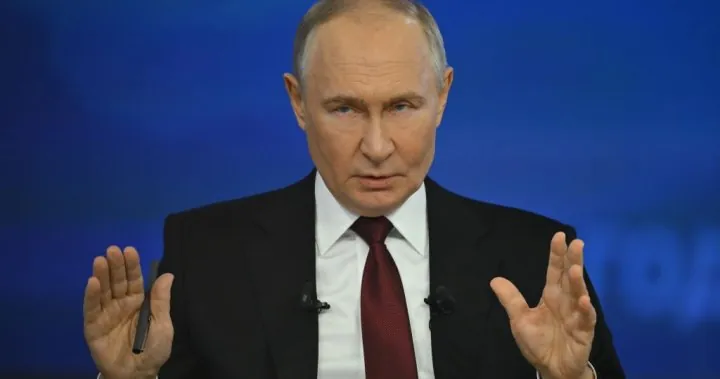
Putin's Bold Claims on Military Strength and Regional Power Amid Ukraine Conflict
2024-12-19
Author: Amelia
Putin's Annual News Conference
In a spectacle of political bravado, President Vladimir Putin held his annual news conference on Thursday, boasting about Russia's military and economic resilience in the ongoing conflict with Ukraine. This lengthy, four-hour event was tightly choreographed to reinforce Putin's grip on power, showcasing his command over various issues, from consumer prices to advanced military capabilities.
Military Strength and Sovereignty
During the conference, he asserted that Russia's military intervention in Ukraine, initiated in 2022, has significantly bolstered the nation's strength. “Russia has become much stronger over the past two or three years because it has become a truly sovereign country,” he proclaimed, adding, “Our military capability is now the strongest in the world.” Putin emphasized that the military is “advancing toward achieving our goals” in what he terms a “special military operation” in Ukraine.
Advancements in Military Technology
The Russian leader also addressed recent advancements in military technology, specifically referencing the hypersonic ballistic missile, the Oreshnik. After using it for the first time in Ukraine, he scoffed at claims that NATO’s air defenses could intercept it, jokingly challenging Ukraine’s allies to a "high-tech duel." He suggested that they could select a target in Kyiv, and Russia would demonstrate the effectiveness of its missile capabilities.
Challenges on the Battlefront
While Putin described steady, albeit slow, military progress in Ukraine, the situation is not without its challenges. Recently, Lt. Gen. Igor Kirillov was killed in Moscow—a significant and brazen assassination claimed by Ukrainian forces, highlighting escalating tensions within Russia itself. Putin labeled this event a “major blunder” for Russia’s security agencies and called for enhancements in their operational efficiency.
Russian Troops in Kursk Region
Russian troops are reportedly facing Ukrainian forces even within Russian territory in the Kursk region, prompting Putin to assure that they will eventually “kick them out,” although he remained vague about the timeline for success.
Foreign Policy and Potential Peace Talks
Typically dominated by domestic concerns, the conference also focused on foreign policy, particularly Putin’s openness to potential peace talks with U.S. President-elect Donald Trump. “If we meet with Mr. Trump, we will have things to discuss,” he stated, reiterating Russia's readiness for compromise, though he underscored that negotiations should reflect the current realities on the ground.
Complexity of the Conflict
Despite claims of military success, the situation on the battlefront has proven complex. The Russian military's bid to secure gains in Ukraine remains marred by significant challenges, with Ukrainian forces mounting responsive strategies against them. Furthermore, Putin's comments on the political dynamics in Syria, particularly regarding the ousting of Bashar Assad, unveil the intricate web of international relations Russia must navigate. He argued that Moscow's strategic objectives in Syria—to eliminate “terrorist” groups—have been met, even in light of Assad's significant setbacks.
Conclusion and Future Trajectory
As the yearly showcase of Putin’s authority came to a close, it sparked discussions about the future trajectory of both Russia’s domestic situation and its international standing. With his claims of military and economic strength hanging in the balance, the question remains: can Russia maintain its strategic ambitions while facing increasing internal and external pressures?
As the global community watches these developments unfold, the prospects of further conflicts or negotiations remain uncertain, creating a sense of tension and anticipation in world affairs.

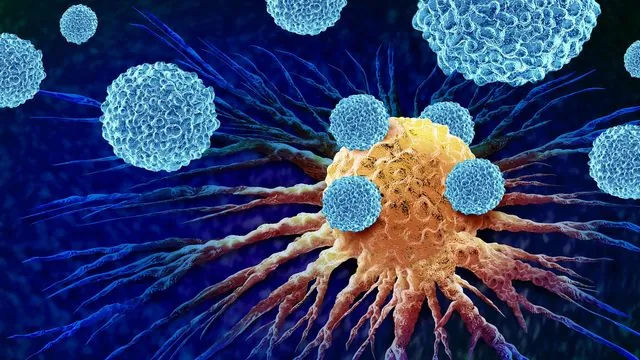


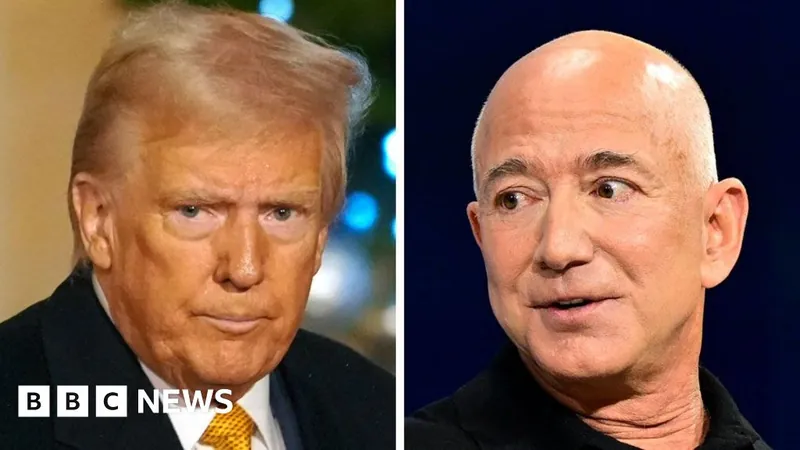
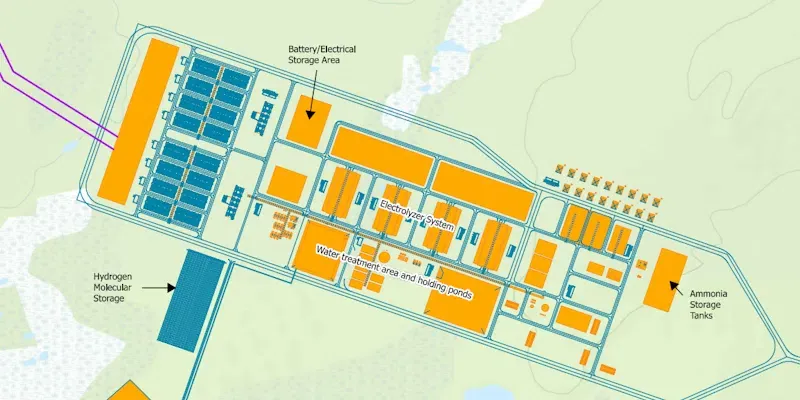

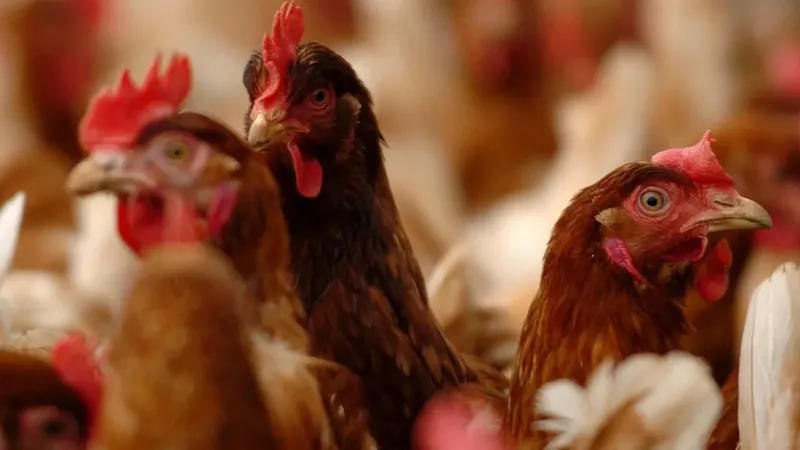
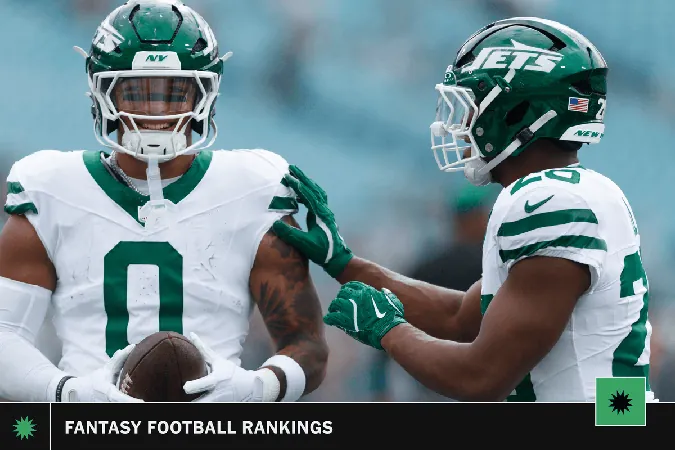
 Brasil (PT)
Brasil (PT)
 Canada (EN)
Canada (EN)
 Chile (ES)
Chile (ES)
 España (ES)
España (ES)
 France (FR)
France (FR)
 Hong Kong (EN)
Hong Kong (EN)
 Italia (IT)
Italia (IT)
 日本 (JA)
日本 (JA)
 Magyarország (HU)
Magyarország (HU)
 Norge (NO)
Norge (NO)
 Polska (PL)
Polska (PL)
 Schweiz (DE)
Schweiz (DE)
 Singapore (EN)
Singapore (EN)
 Sverige (SV)
Sverige (SV)
 Suomi (FI)
Suomi (FI)
 Türkiye (TR)
Türkiye (TR)